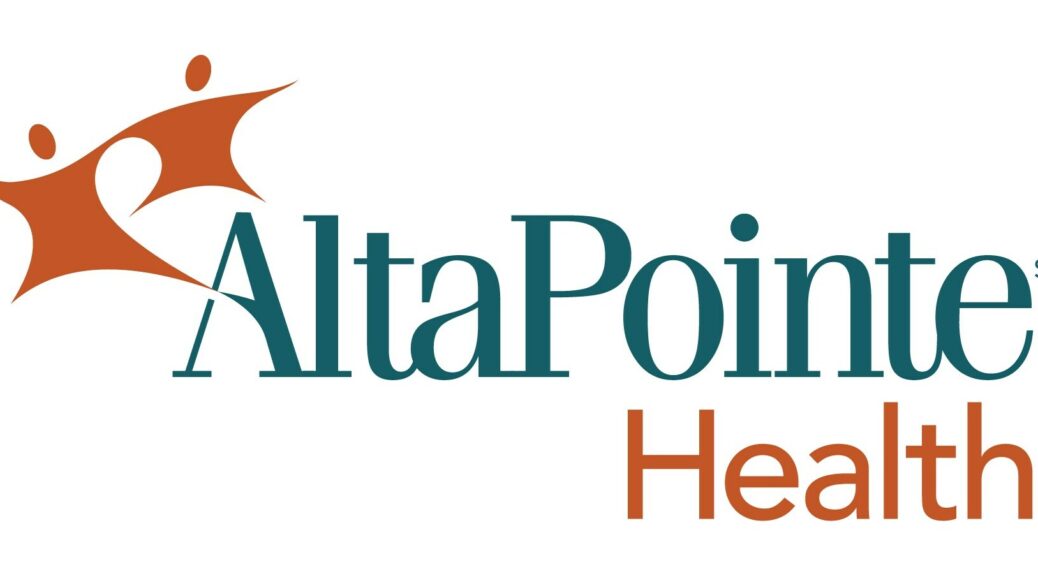Across the US, September is set aside as National Suicide Prevention Month, an annual observance dedicated to raising awareness about suicide, its prevention, and the importance of mental health.
“National Suicide Prevention Month is a great opportunity for us at AltaPointe Health to help educate the public about the warning signs of suicide, provide information about available resources, and promote open conversations about mental health and suicide prevention,” explained Ashley Blount, a licensed marriage and family therapist (LMFT) with AltaPointe Health. “Our mental and emotional health is just as important as our physical health for our overall well-being and ability to function in our daily lives.”
UNDERSTANDING THE CRISIS
The first step in suicide prevention is understanding the factors that contribute to this crisis. Mental health struggles, such as depression, anxiety, and substance abuse, often play a significant role. Isolation, loneliness, and the feeling of being a burden can exacerbate these struggles.
“And when the pandemic hit, all of these risk factors only increased. When the spread of COVID-19 reached our community here in Alabama, we began to see an increase in the number of individuals coming in for mental health assessments,” explained Blount. “Seeing sickness and loss, both on a local and larger scale, can be frightening. Many of our patients experienced an increase in anxiety, fearfulness, sadness, grief, as well as isolation.”
Another major contributor to the current crisis is that societal stigma around mental health can deter people from seeking help when they need it most. Research by the National Violent Death Reporting System found that 3 out of 4 persons who died by suicide between 2003 and 2018 were not in treatment for a mental health or substance use disorder at the time of their death, and 2 out of 3 had never received any treatment.
BREAKING THE SILENCE
One of the most important aspects of suicide prevention is encouraging open conversations about mental health. People should feel safe discussing their feelings and seeking support.
“One way that you can start a conversation about mental health is by simply checking in with your family members, friends, coworkers, and neighbors. Ask them how they are doing in their everyday lives,” said Blount. “If they seem to be struggling emotionally, you can remind them that they are not alone and that there are resources available to help support them in their time of need.”
Talking regularly about emotions and feelings helps to destigmatize mental health issues and can make it easier for individuals to seek help before their problems escalate to a crisis point.
SPOTTING THE WARNING SIGNS
Awareness of the warning signs of suicidal ideation is another crucial aspect of prevention. Some common signs include talking about wanting to die, feeling hopeless or trapped, increased substance use, withdrawing from friends and family, and giving away possessions. Recognizing these signs and taking them seriously can make a life-saving difference.
“We cannot ignore the warning signs and symptoms associated with suicidal ideation when we recognize them in our own lives or the life of someone else. One simple conversation about how they may be feeling, a kind word of encouragement, or an offer to help them reach out for treatment in their time of struggle may be the very thing that helps them realize their worth and know that their life matters,” added Blount.
SEEKING HELP
If you or someone you know is struggling with suicidal thoughts, it is essential to seek help immediately. One of the easiest ways to do that is by dialing 988. The 988 Suicide and Crisis Lifeline provides 24/7, free, and confidential support for people in distress and their loved ones.
“It’s okay to ask for help. Realizing our own needs and limitations is actually a strength, and having the courage to reach out to others is one of the first steps in recovery and finding the solutions we are looking for,” explained Blount. “Everyone was created for a purpose. Every life has value and great worth, even if you don’t believe that right now. We live in a world full of people, and we all carry burdens or experience stressful situations that may require us to seek help beyond our everyday social circle of influence. As a professional working in the mental health field, I want people to realize that partnering with them to help them realize their worth and getting to know their story is one of my greatest passions and something I am honored to take part in.”
LOCAL RESOURCES
AltaPointe Health is an extensive healthcare system providing primary and behavioral healthcare. Each year it provides more than 1 million services to 45,000 patients across Alabama. AltaPointe operates two psychiatric hospitals serving children and adults, a Behavioral Health Crisis Center, 27 outpatient behavioral and primary health care clinics, and BayView Professional Associates, its private practice arm serving southwest Alabama. AltaPointe’s access to care team can help an individual find the right program to fit their needs by calling (251) 450-2211.
Media Contact
April Douglas, Director of Public Relations, AltaPointe Health, (251) 544-4639, [email protected], www.AltaPointe.org
SOURCE AltaPointe Health


